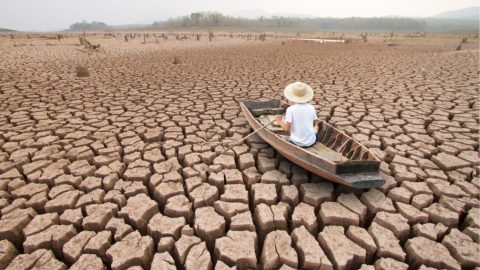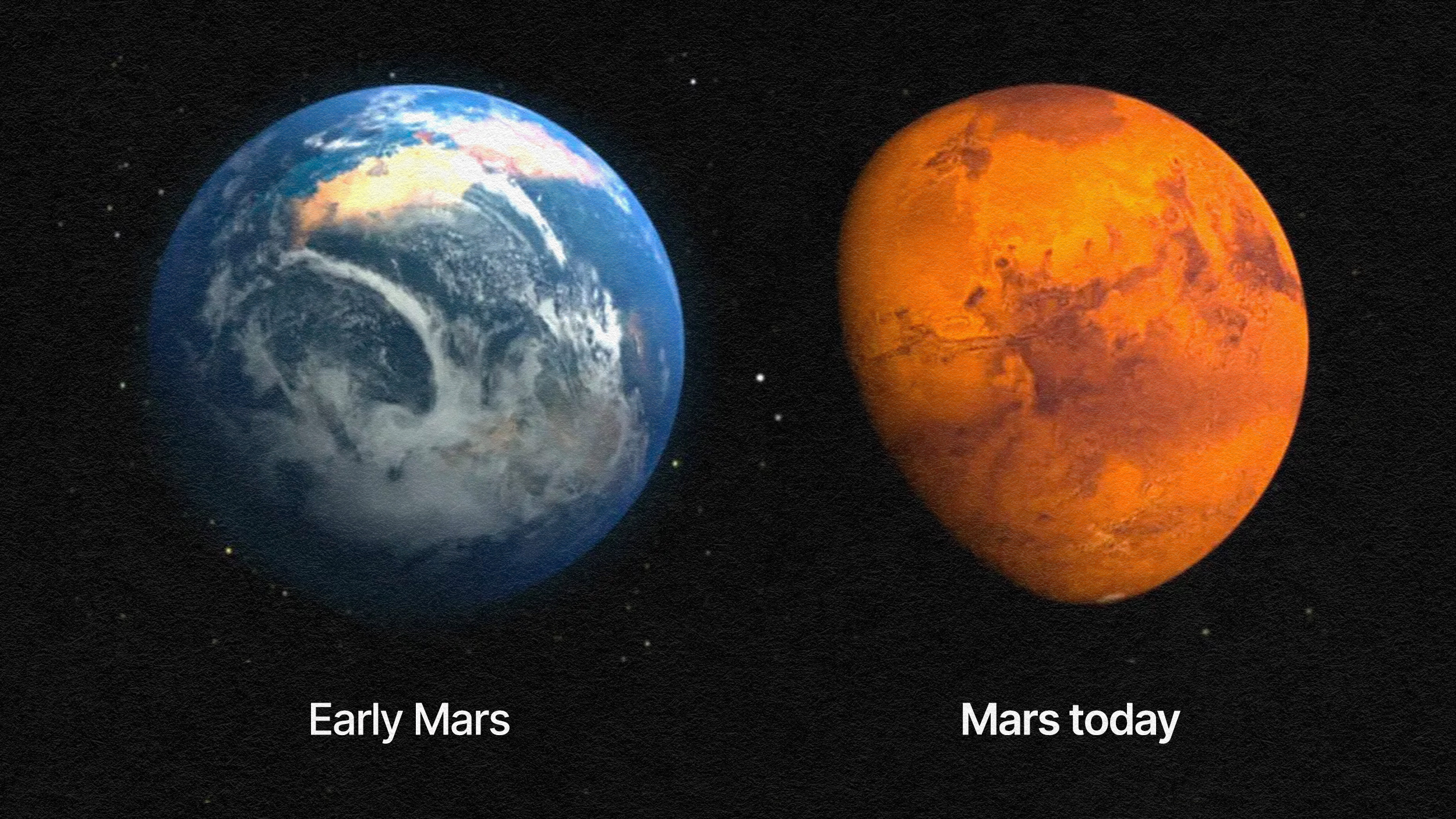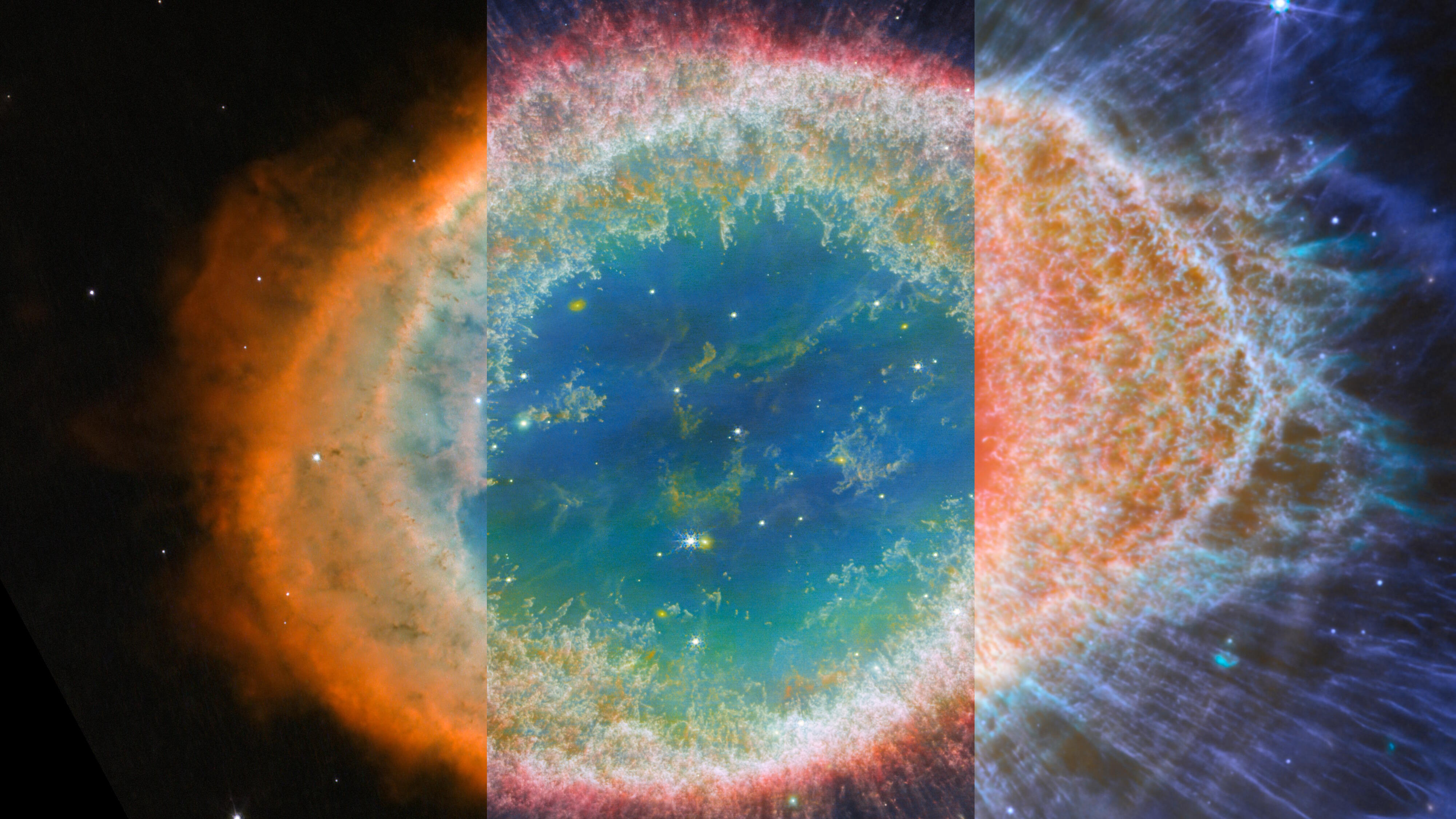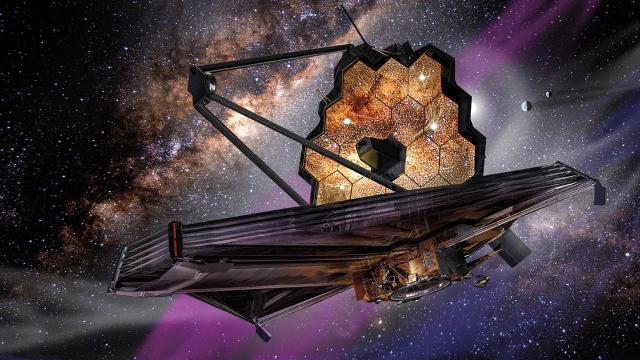Climate change and the power of story

How do we make sense of the world? How do we understand ourselves, and our place in the cosmos?
Is it through laws and rules imposed by society? Is it through science and its data-driven, numerical relations explicating nature’s behavior, and therefore our behavior too?
While both the formalisms of societal law and the numerically based relationships uncovered by science have their obvious power, deep down I believe the way we truly make sense—create meaning about ourselves and our place in the world—is through story. On the grandest cultural scales that emphasis on story points to what we call Myth. And, I would argue, it’s exactly our failure to understand the power of Myth that lies at the root of our decades-long inaction on climate change.
When you hear the word “myth” you’re likely to think “a false story,” like the urban legends about old ladies microwaving their dogs to dry them off after a bath. But taking a long view of human evolution, myths are often more than just true or false. They are not about facts, and in this way, they’ve always played an essential role for us.
Every society, in every time and place, has had a system of myths, a constellation of stories that give its people a basic sense of context. There were myths that were intimate and spoke to our internal life as we make our transitions to adulthood, to parenthood, and to old age. But there was also another class of myth that told the “big stories”—things like creation stories where people came to understand how they thought the universe was born, how the Earth was formed, and how people were made.
As I argued in my first book The Constant Fire: Beyond the Science vs. Religion Debate, in the modern age, the creation of these big stories falls to science. Instead of gods and spirits, we now have the Big Bang and evolution by natural selection. Science gave us a way to begin a dialogue with the world based on experiment and evidence. But the power of its stories as stories never went away.
There is a reason why the best science documentaries, whether about the Big Bang or the origin of life, include gorgeous images and sweeping orchestral music. The filmmakers could have just presented the data in graphs and tables, the way scientists often talk among themselves. But such a presentation wouldn’t capture our imaginations. It wouldn’t let our feelings rise to the necessary level of awe and wonder.
By triggering those kinds of feelings, a story about cosmic evolution gets raised above a mere presentation of evidence. The images and music aren’t just fluff; they’re a translation. They turn the science into a story by allowing data to become a narrative we both feel and feel part of. They let the science become meaningful for us.
A mythic level narrative
Now let’s think about climate change. For years, scientists like myself have been showing people data in the form of graphs of temperature vs. time, maps of sea level rise, and movies of sea-ice changes. You’d think this would be enough, but it hasn’t gotten us anywhere near the level of urgency needed to generate quick action.
The failure to generate action on climate change has a number of causes, including well-organized science denial. But I believe its root cause is that we haven’t yet translated that data into a “big story,” a new mythic level narrative about human beings and our place in Earth’s 4-billion-year history of life and the planet co-evolving.
The only thing close to this kind of story is either the “it’s not happening” of science denial, or the “we suck” narrative that says we’re a plague on the planet. The first story is just a form of sticking our heads in the sand. The second carries the aroma of ancient “flood” myths where humanity is punished by the gods for our sinful behavior. But we know enough about planets and life now to see how that morality tale is both unhelpful and deeply wrong.
In my new book Light of the Stars: Alien Worlds and the Fate of the Earth, I try to outline a new kind of myth that reintegrates us back into the biosphere as one out of a long line of its evolutionary experiments. I’ll be writing more about this in future posts, but today I wanted only to focus on the fact that stories matter.
It has been said that stories were the first form of human technology. I believe that’s true. Recognizing that fact allows us to begin reframing how we think about science and its place in the quest for not just knowledge, but also for meaning. For without meaning, we are doomed to remain in the dark—no matter how many volumes of facts surround us.
The post Climate Change and the Power of Story appeared first on ORBITER.





